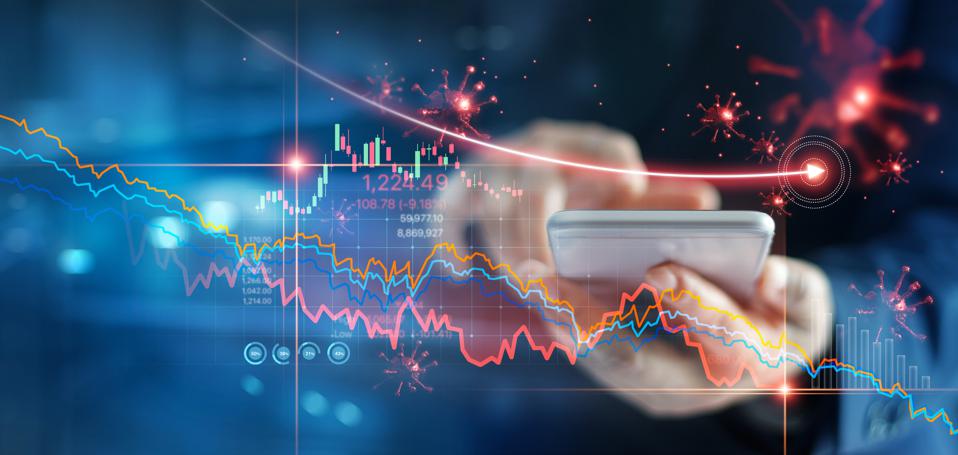Originally posted at The Austin American Statesman in May 2017.
I was leaving my dry cleaner’s when I saw her — our local meter maid writing a parking ticket. She smiled. I grimaced. Had she hit my car too? I instinctively drew my cellphone and checked my Park Boston app. Relief. My car was good for another half-hour.
No longer worried about me, I started worrying about her. Would she still be working in six months? Surely, they’ll put cameras on the parking signs and electronically bill us for parking, as well as for parking too long.
Six months? Well, the Mass Pike automated virtually overnight. And amen to that — no more bumper-to-bumper, three-hour Thanksgiving traffic jams with everyone heading south squeezing through the Sturbridge tolls. But, again, I was thinking about me, not the hundred or so toll takers who lost their jobs, not to some Mexican sneaking across the border or some Indian in Calcutta answering service calls, but to he who must be named — the silicon chip.
Then my mind wandered back to parking: “Wait. In a few years, we won’t have cars. We’ll all be hailing driverless, electric vehicles using our phones, watches, glasses, thumbs, whatever. They’ll be roaming the streets and never need to park. Great for the climate, great for congestion and I’ll be able to work in the back seat on my way to work.”
But these pleasant thoughts were instantly followed by a scary one: “Yikes! I, too, can be replaced. Boston University can teach ‘my’ students online. The students won’t even need to attend class. They can learn in their dorms or back home in Singapore or whenever. Like the meter maid, I’m headed for the dustbin.”
This is the worst of times when it comes to job security. Take transportation, which employs one in seven Americans. Every car company plus Waymo (aka Google) is developing driverless cars, vans, trucks and buses. Uber’s Travis Kalanick is testing automated cars in Pittsburgh. Amazon’s Jeff Bezos wants to deliver us packages by drone.
How much longer will we have taxi, Uber, truck, subway, delivery or any other type of driver? My guess is 10 years. By one count (a recent study out of Oxford University), close to half of all U.S. jobs will be automated in two to three decades. Makes sense. Smart machines can already bomb our enemies and rub our backs. It’s hard to think of many things they can’t already do or won’t be able to do. Personally, I’m hoping for armies of robot clergy that we can program to pray for us 24-7. We’ll need their prayers.
Mind you, I’m not a complete Luddite. After all, we’ve seen plenty of labor-saving automation arise without sustained loss of jobs. In 1870, half of U.S. workers were in agriculture. Today’s figure is 2 percent. True, but how about horses? Back in 1900, we had 21 million working horses. By 1960, it was 3 million. Today? Too few to count.
Are we going the way of the horse? And what about the deep economic question that today’s CEO masters of the universe aren’t asking: Who will buy the goods and services their companies produce if everyone is out of work or, at least, out of good work?
I asked this question in a recent co-authored paper, titled “Robots Are Us.” My three fellow co-authors and I modeled robots as smarter versions of us. In our paper, we showed that robots’ development will make the economy boom as their creators reap large rewards. But over time, robots will become so plentiful that the tech bubble bursts. This lowers the wages of techies and everyone else. These lower wages, in turn, limit the ability of workers to buy what’s produced. Consequently, they consume and save less. Less saving means less investment in different forms of capital.
In the long run, everyone in our mathematically modeled economy ends up worse off. Yes, technology is far better, but there’s less capital available for production.
This scenario, in which robots gradually produce collective ruin, does come with a silver lining. If the government redistributes some of the riches from those making a killing off new technology to those getting killed by it, smart machines can make everyone, even our kids, better off. But there is no sign of a Robin Hood in the White House. So we, the masses, are on our own. We best figure out something, like presiding over funerals, that robots will never do well.
This article was originally posted at The Austin American Statesman on May 27, 2017.
Posted with permission from Mr. Kotlikoff.

0 Comments